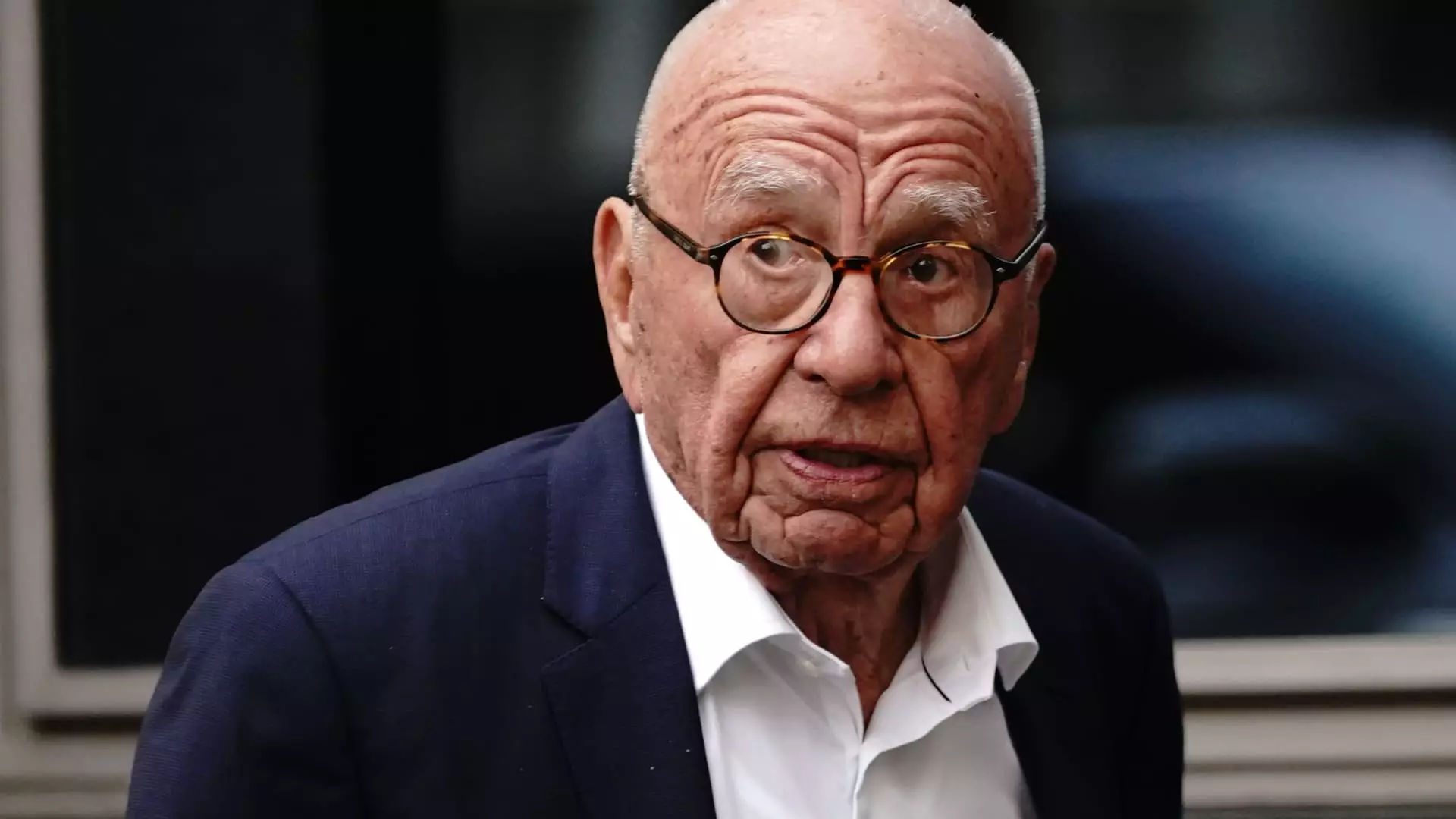Activist investor Starboard Value has taken steps to dissolve News Corp’s dual-class share structure, in a bold move challenging the Murdoch family’s dominance over the media conglomerate. This initiative, revealed by sources familiar with the situation, indicates a significant shift in power dynamics within the company. The move was executed through a non-binding shareholder resolution, marking a clear attempt to dismantle the longstanding control exercised by Rupert Murdoch.
According to reports, as of September, Rupert Murdoch wielded control over approximately 40% of the company’s voting stock, cementing his authority over key decision-making processes. This concentration of power has long been a point of contention for investors, who have voiced concerns about the implications of such overwhelming control in the hands of a single individual or family. Starboard’s ownership of around 2% of the company’s Class A shares adds a new dimension to the unfolding power struggle.
Managing member Jeff Smith’s public statements regarding the need for News Corp to restructure and unlock value further underscore the quest for change within the organization. Smith’s advocacy for spinning out real estate assets, including holdings in the REA Group of Australia, reveals a strategic push towards diversification and optimization of resources. The emphasis on exploring alternative paths to value creation signals a departure from traditional governance structures and operational frameworks.
In the backdrop of these developments, reports of a legal tussle between Rupert Murdoch and his son Lachlan Murdoch over control of the family trust have added another layer of complexity to the narrative. The transition of power from Rupert Murdoch to Lachlan Murdoch, marked by Rupert’s resignation as chair of both News Corp and Fox Corp, symbolizes a generational shift in leadership. Lachlan Murdoch’s ascension to the position of sole chair at News Corp underscores the ongoing evolution in the company’s governance and strategic direction.
The fluctuation in News Corp’s stock value following reports of Starboard’s intervention hints at the uncertainty and volatility surrounding the company’s future trajectory. As a prominent player in the media industry, News Corp’s fate is intricately tied to broader trends in journalism, publishing, and digital media. The outcome of the power struggle between stakeholders will not only shape News Corp’s internal dynamics but also reverberate across the media landscape, potentially influencing industry norms and practices.
The unfolding drama surrounding News Corp’s dual-class share structure and the Murdoch family’s control reflects broader themes of corporate governance, shareholder activism, and strategic realignment. The clash of interests and visions within the company points towards a paradigm shift in media ownership and management, with far-reaching consequences for both News Corp and the industry at large. As stakeholders navigate this transitional phase, the significance of transparency, accountability, and sustainable value creation looms large on the horizon.

